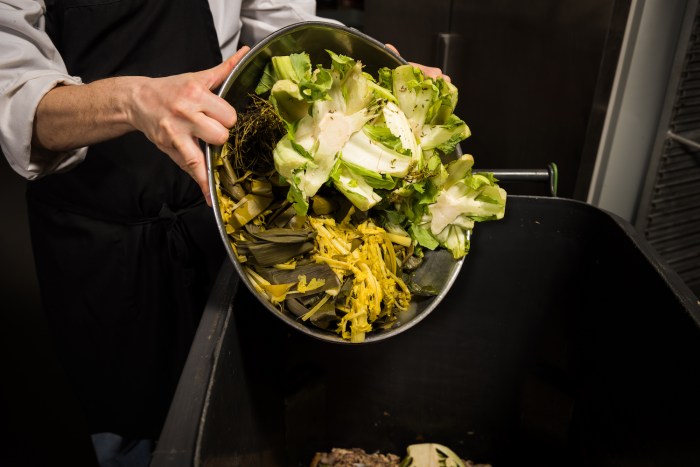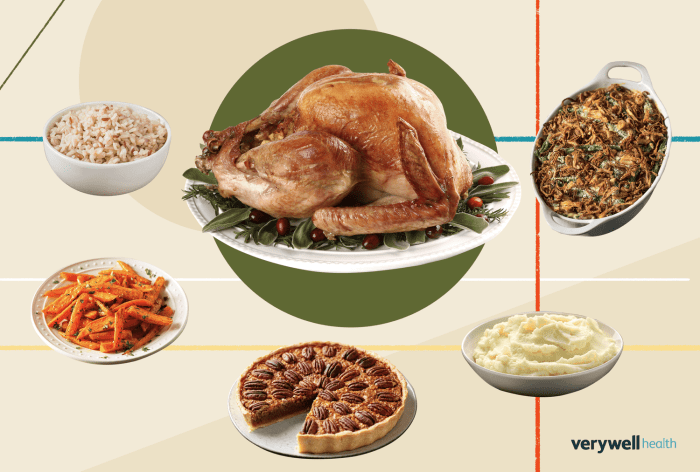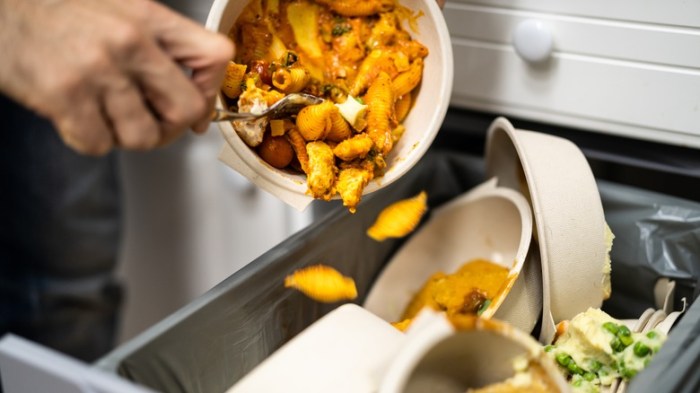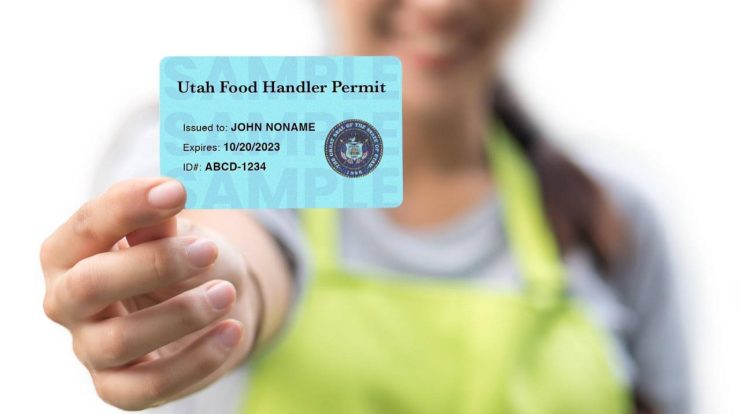TCS leftovers should be thrown out after a certain period to ensure food safety. Time-temperature control for safety (TCS) foods are those that require specific temperature control to prevent the growth of harmful bacteria. Consuming TCS leftovers that have not been properly stored can lead to foodborne illness.
This comprehensive guide explores the potential health risks associated with TCS leftovers, the signs of spoilage, proper storage guidelines, and safe disposal practices. By adhering to these guidelines, you can minimize the risk of foodborne illness and maintain the quality of your TCS leftovers.
TCS Leftovers: Proper Storage and Disposal: Tcs Leftovers Should Be Thrown Out After

Time/temperature control for safety (TCS) foods are those that require proper temperature control to prevent the growth of harmful bacteria. Leftovers from these foods pose potential health risks if not handled and stored appropriately. This article explores the food safety concerns associated with TCS leftovers, signs of spoilage, storage guidelines, and safe disposal practices to ensure the well-being of consumers.
Food Safety Concerns
Consuming TCS leftovers that have not been properly stored can lead to foodborne illness. Pathogenic bacteria, such as Salmonellaand E. coli, thrive in warm and moist environments. TCS foods, which include cooked meats, poultry, seafood, dairy products, and eggs, provide an ideal medium for bacterial growth.
Examples of TCS foods and their storage requirements:
- Cooked meat: Store in the refrigerator for up to 3-4 days or in the freezer for up to 2-3 months.
- Cooked poultry: Store in the refrigerator for up to 1-2 days or in the freezer for up to 4-6 months.
- Cooked seafood: Store in the refrigerator for up to 1-2 days or in the freezer for up to 6-8 months.
- Dairy products (milk, cheese, yogurt): Store in the refrigerator according to the manufacturer’s instructions.
- Eggs: Store in the refrigerator for up to 3-5 weeks.
Temperature control is crucial in preventing bacterial growth. TCS foods should be refrigerated at 40°F or below or frozen at 0°F or below. The “danger zone” for bacterial growth is between 40°F and 140°F.
Spoilage and Food Quality, Tcs leftovers should be thrown out after
TCS leftovers can spoil quickly if not stored properly. Signs of spoilage include:
- Changes in appearance: discoloration, mold growth, or slimy texture.
- Changes in texture: becoming tough, rubbery, or mushy.
- Changes in odor: developing an off or sour smell.
Improper storage can accelerate spoilage and reduce the quality of food. Factors such as exposure to air, light, and moisture can contribute to the deterioration of TCS leftovers.
To identify and discard spoiled TCS leftovers:
- Inspect the food for any visible signs of spoilage.
- Smell the food for any unusual or off odors.
- Taste a small amount of the food. If it tastes sour, bitter, or otherwise off, discard it.
Storage Guidelines
Proper storage of TCS leftovers is essential to minimize the risk of foodborne illness. Clear guidelines should be established:
- Maximum allowable storage time: TCS leftovers should be consumed or discarded within the recommended storage time (as mentioned earlier for different food types).
- Temperature: TCS leftovers should be stored at 40°F or below in the refrigerator or 0°F or below in the freezer.
- Airtight containers: TCS leftovers should be stored in airtight containers to prevent cross-contamination and exposure to air.
| Food Type | Refrigerator Storage (Days) | Freezer Storage (Months) |
|---|---|---|
| Cooked Meat | 3-4 | 2-3 |
| Cooked Poultry | 1-2 | 4-6 |
| Cooked Seafood | 1-2 | 6-8 |
| Dairy Products (Milk) | 5-7 | 3 |
| Dairy Products (Cheese) | 5-7 | 6 |
| Dairy Products (Yogurt) | 7-10 | 2-3 |
| Eggs | 3-5 | 12 |
Safe Disposal Practices
Proper disposal of TCS leftovers is crucial to prevent foodborne illness and environmental contamination.
Methods for discarding TCS leftovers:
- Composting: Composting TCS leftovers is an eco-friendly option if it is done properly to ensure the complete breakdown of organic matter.
- Landfilling: TCS leftovers can be disposed of in landfills, but this option may contribute to methane production and other environmental concerns.
- Incineration: Incineration is a high-temperature disposal method that can effectively destroy TCS leftovers, but it also releases pollutants into the air.
Step-by-step guide to safely disposing of TCS leftovers:
- Wrap the TCS leftovers securely in a plastic bag or aluminum foil.
- Place the wrapped leftovers in a trash can with a lid.
- If possible, dispose of the TCS leftovers in a compost bin or designated composting area.
- Wash your hands thoroughly after handling TCS leftovers.
Expert Answers
How long can TCS leftovers be stored in the refrigerator?
TCS leftovers should be discarded within 3-4 days of refrigeration to minimize the risk of bacterial growth.
What are the signs of spoilage in TCS leftovers?
Signs of spoilage include changes in appearance (discoloration, mold), texture (slimy, mushy), and odor (sour, rancid).
How should TCS leftovers be disposed of safely?
TCS leftovers should be discarded in a covered container and disposed of in a trash can with a lid. Avoid pouring TCS leftovers down the drain, as this can clog pipes and attract pests.


